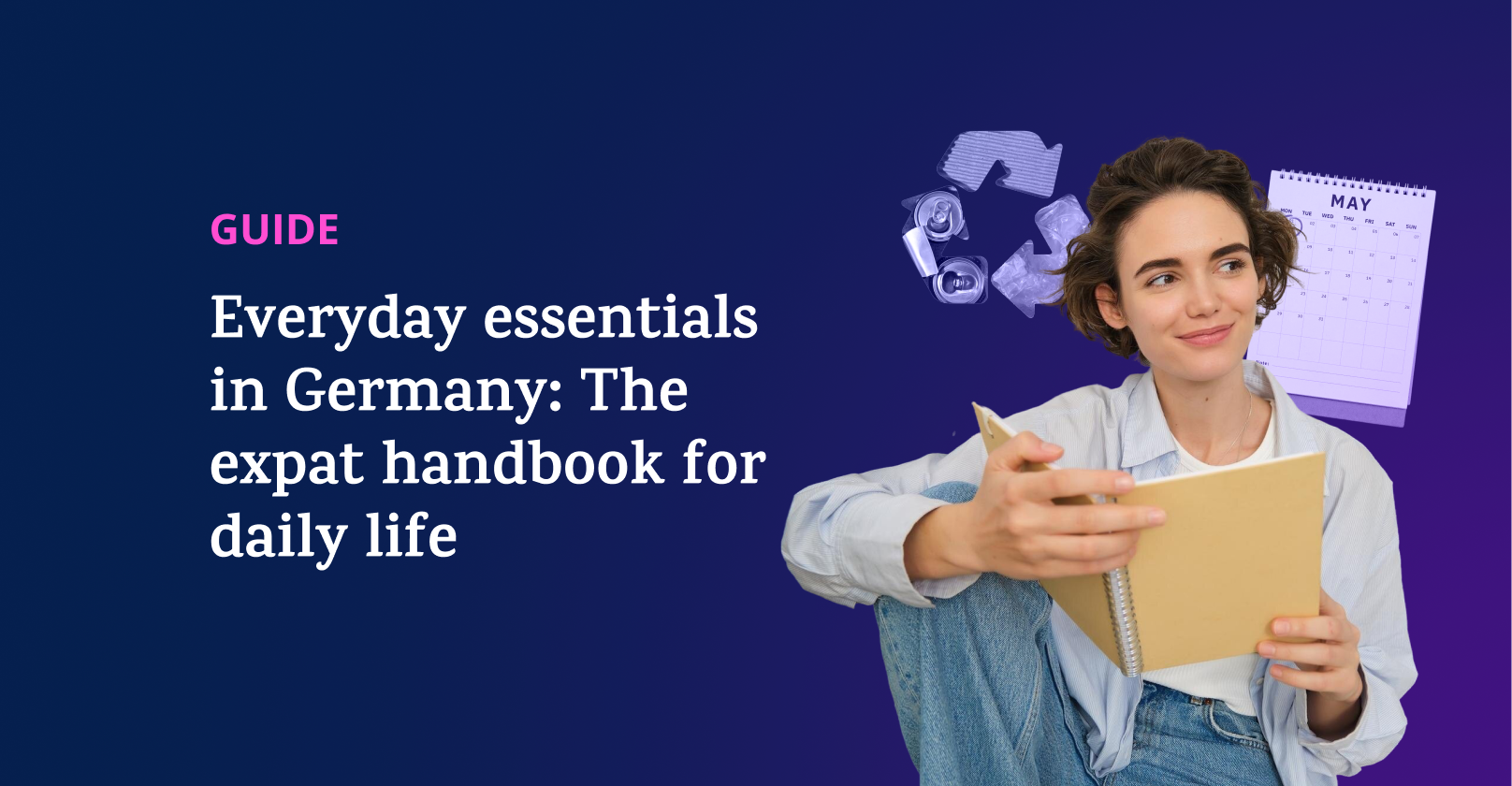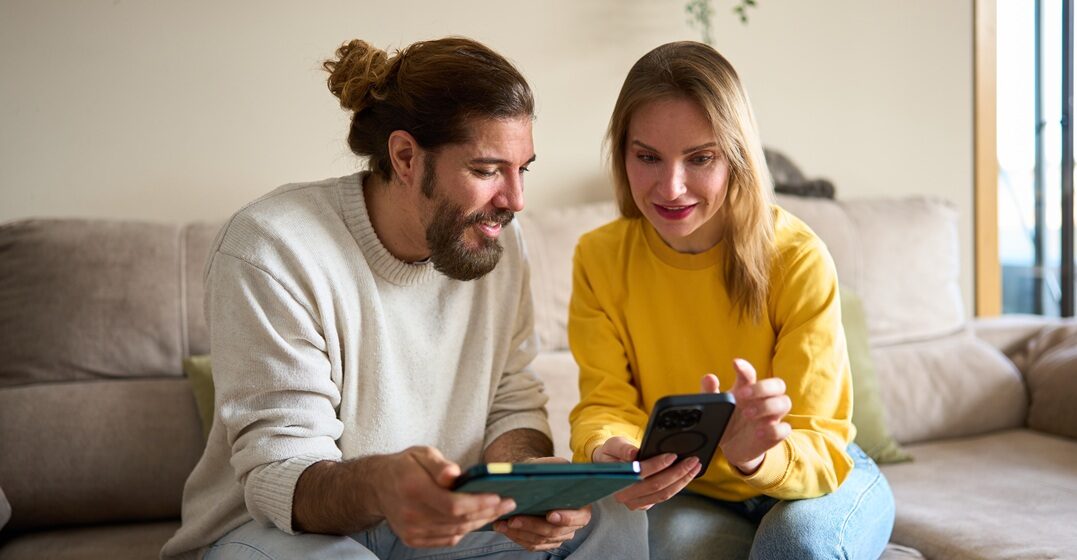Games in German language: Learn faster through play
Games in German language make learning faster and more enjoyable. From vocabulary apps to cultural board games, they boost retention, confidence, and fluency—especially when paired with structured lessons like Lingoda’s CEFR-aligned German courses. Below, you’ll find the best tools, daily routines, and expert tips to turn play into progress.

Learning a new language doesn’t have to feel like hard work. What if building fluency could actually be fun—more like playing a game than studying? With German language games, you can boost your skills while enjoying the process. These interactive tools turn vocabulary, grammar, and speaking practice into something you look forward to, not dread.
In this guide, you’ll learn how to use games strategically, turning everyday moments into opportunities for confident, fluent German.
- Why games accelerate German learning
- Three game styles that fit your learning personality
- Best games in German language by format
- How to combine games with formal study
- Phrasebank – Common German game phrases
- FAQs
Why games accelerate German learning
Games boost motivation, memory, and context—three pillars of language fluency. They transform study time into active engagement, helping you retain vocabulary longer and feel more confident using it in real situations.
The cognitive edge of learning by play
When you learn through play, your brain processes information more deeply. Games naturally build repetition and feedback loops that strengthen memory and make new words easier to recall. Research on gamified learning shows that interactive, reward-based activities boost focus, retention, and accuracy—especially when learners get instant feedback.
And because games encourage experimentation, mistakes become part of the process, not something to avoid. You try, test, and improve without the pressure of perfection.
How games solve common learner challenges
Games don’t just make learning fun. They help you overcome the biggest hurdles every language learner faces.
- Time: Short on hours in the day? Quick, flexible games slip right into your commute, coffee break, or downtime—no big study block needed.
- Motivation: Points, streaks, and little wins give you that extra push to keep going. Who doesn’t love seeing progress?
- Immersion: Cultural and social games drop you straight into real-life German—accents, German slang, and all—so you learn the way people actually speak.
CEFR connection: Turning lessons into game practice
Finally, no matter your level (German A1–C1), there’s a game that matches your learning stage. A1 learners can replay simple vocab quizzes, B1 learners can try storytelling games to practice tenses, and C1 learners can flex their skills with trivia or debate-style challenges.

Learn German with Lingoda
How it works

Three game styles that fit your learning personality
Choose the format that fits your goals: structured systems for steady progress, quick games for daily habits, or social play for immersion and confidence.
Structured and goal-driven game platforms
If you like clear goals and steady progress, structured tools are your best ally. These games organize learning into levels and milestones, helping you see real improvement over time.
They often include:
- Level-based lessons that build vocabulary and grammar step by step
Example: Unlock “Level 2” after mastering the vocabulary for daily routines in German.
- Streak or milestone tracking to keep your motivation high
Example: Each day you complete a mini quiz earns you a streak badge. After five days in a row, you unlock a “grammar hero” milestone.
- Built-in review cycles that mimic classroom learning
Example: Every few rounds, the app might return to earlier material you learned (two) weeks ago.
Tip: Use structured games as warm-ups or quick revision between your regular Lingoda lessons. They’re perfect for reinforcing what you’ve already learned.
Low-effort daily games (5-minute wins)
Short on time? These bite-sized games make practice feel effortless and fun.
Think word puzzles, flashcard drills, or “word chain” challenges like Wortkette. They’re ideal for short breaks and great for keeping recall sharp.
Culture-driven and social games
If you learn best through interaction, social and cultural games make German come alive.
Board games, trivia, or storytelling activities get you speaking and listening naturally—and laughing along the way. They help you pick up accents, idioms, and humor that don’t always appear in textbooks.
Tip: Try matching your social games to your current lesson topic. For example, use new business vocabulary in a guessing or role-play round.
Here’s a table to sum it all up:
| Game type | Example | Skill focus | Best for |
| Structured | Level-based quiz app | Vocabulary recall | A1–B1 learners |
| Daily | Word chain / flashcard game | Word formation | Busy learners |
| Social | Group quiz or storytelling game | Speaking and listening | Conversation practice |
Best games in German language by format
Different game formats train different skills. Mix and match them to keep your learning balanced, fun, and fresh.
Board and card games
Examples: Kakerlakensalat, Sag’s Mir!, Dixit
Fast-paced and social, these games sharpen your listening skills, help you think on your feet, and teach you cultural idioms in context. Perfect for improving conversational speed under pressure.
Mobile and browser games
Try: German-Games.net, Drops, Memrise, or Lingobites in the Lingoda app.
These are ideal for learners who love progress tracking and variety.
They help you:
- Build vocabulary through spaced repetition
- Gamify grammar with quizzes and leaderboards
- Boost listening skills through short stories and interactive dialogue
Video games in German mode
Switch your favorite titles—The Sims, Minecraft, or Animal Crossing—into German mode. You’ll pick up everyday expressions, casual vocabulary, and natural sentence flow without even realizing you’re learning.
Word and logic games
Scrabble DE, crosswords, and anagram apps are simple but powerful tools for building spelling, recall, and word formation speed. They’re perfect for quick brain warm-ups before class or during a short break.
Social games
Play 20 Fragen, charades, or dialect quizzes with friends or classmates. They’re great for spontaneous speaking, quick listening reactions, and building confidence in real conversation.
How to combine games with formal study
Games work best when they complement structured learning—not replace it. Think of them as the fun, flexible layer that reinforces what you’re already building through lessons. A balanced mix keeps your learning consistent, rewarding, and varied.
Here’s an example weekly routine that blends both worlds:
- 2–3 (Lingoda) classes: Focus on structured grammar, speaking, and guided conversation practice.
- 3–4 short game sessions: Use quick vocab quizzes, flashcards, or app-based challenges to strengthen memory and recall between classes.
- 1 social or cultural game: Join friends for a board game, trivia round, or storytelling challenge in German: a great way to put your skills into action.
Tip: Keep a small list of words or grammar points you keep tripping over during games. Bring them to your next lesson: your teacher can help turn those “game mistakes” into learning breakthroughs.
Phrasebank – Common German game phrases
If you’re playing games in German, you’ll quickly notice that the same expressions pop up again and again—especially in friendly competition. Knowing these phrases helps you stay in the flow, react naturally, and sound more like a native speaker when you play.
Here are a few go-to expressions you’ll hear (and use) all the time:
| German phrase | English meaning |
| Du bist dran! | You’re up/It’s your turn |
| Gewonnen! | Won! |
| Noch eine Runde? | Another round? |
| Ich passe. | I pass |
| Das war knapp! | That was close! |
| Unentschieden. | It’s a tie/Draw. |
| Schummelt nicht! | No cheating! |
| Gute Runde! | Good round/match/game. |
Can playing games really help me learn German faster?
Yes. Games provide active repetition, context-based vocabulary, and immediate feedback—all proven to improve recall speed and retention.
How do I combine games with formal German lessons for maximum effect?
Play games that match your current lesson topic. For example, after a (Lingoda) class on travel vocabulary, try a quiz or charades round using those words.
Play smart, stay consistent
Think of games as your daily language workout—and Lingoda classes as your personal coach. Together, they make learning German something you’ll actually look forward to. Games keep your brain active and curious, turning vocabulary and grammar into instinct rather than effort. Classes then give that energy direction, helping you apply what you’ve learned in real conversations, with confidence and purpose.
Mix play with structure, and every win, streak, and “aha” moment becomes another step toward fluency—not just in words, but in how naturally you think and express yourself in German.

Learn German with Lingoda
How it works

We use AI tools to support idea generation and drafting. Every article is edited by our editorial team to ensure accuracy, clarity, and quality.













